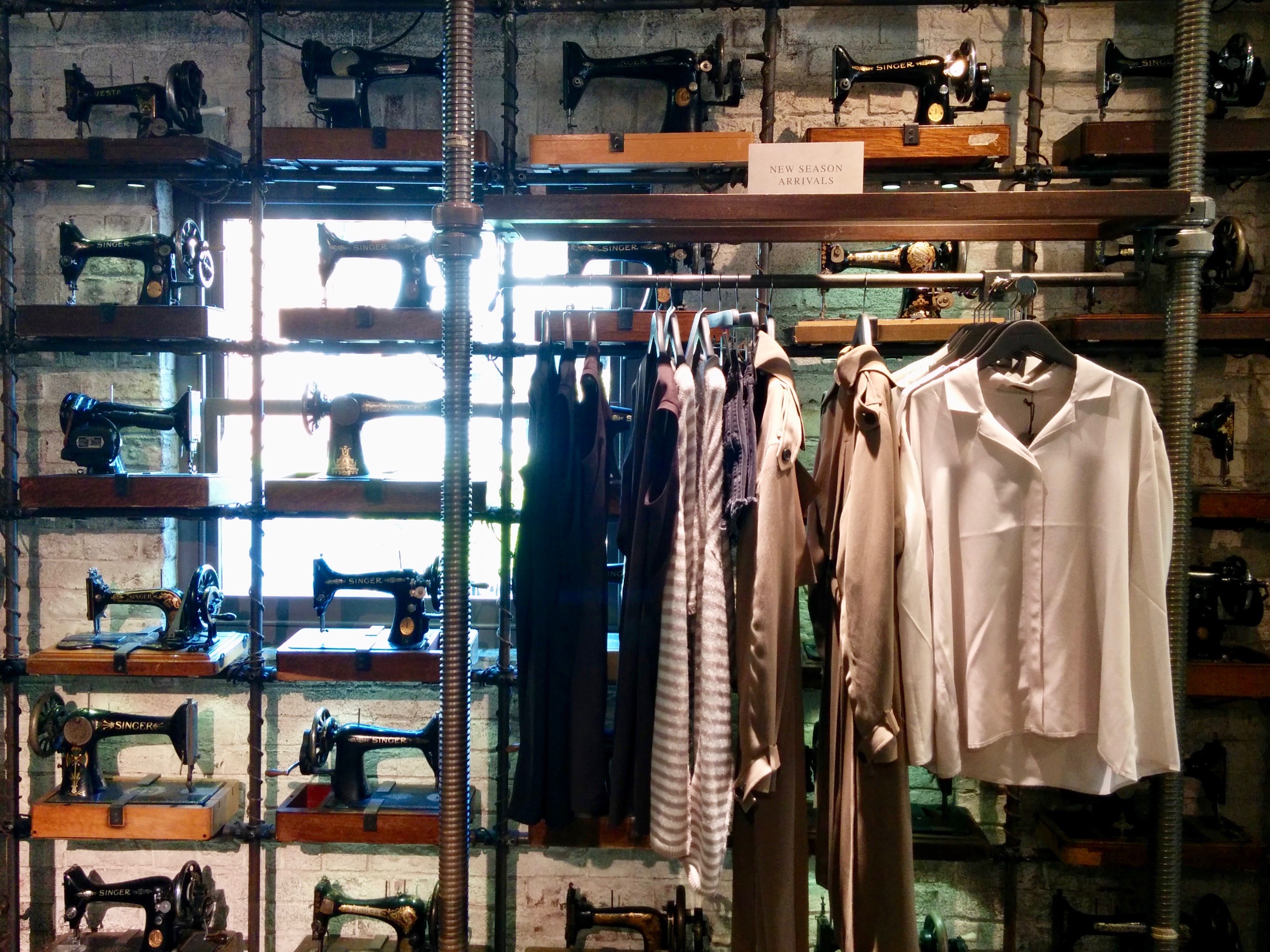
The project will be carried out in collaboration with the Museum of World Culture, and will focus on everyday consumption and its role in environmental degradation and climate change.
"We are very glad to be able to show how the School of Global Studies can contribute to the field of environmental humanities, and also to contribute to establishing the subject in Gothenburg. Furthermore, it is of course very exciting to be able to apply the findings of our research in collaboration with the Museum of World Culture," says Anna Bohlin.
The aim of the project is to design a three-year exhibition at the Museum of World Culture in Gothenburg and Stockholm, which will start in 2019. The researchers will investigate how we relate to, value, collect and discard everyday items. The purpose of the exhibition is to raise motivation and passion for sustainable consumption and lifestyles.
"Our current project Re:heritage focuses on how people’s relationships to things go beyond language, and it is therefore exciting to work with museum educators and exhibition producers who are used to thinking creatively about how to involve our bodies, senses and emotions. It is also a challenge not to communicate through traditional academic writing, but through specific parts of an exhibition. How do you capture the interest of a ten-year-old? How do you communicate sustainability issues to teenagers? Is it possible to do both at the same time?" says Anna Bohlin.
The researchers also hope the collaboration will result in new research applications. The exhibition will, among other things, include a "citizen science" component, where visitors generate new knowledge that will form an important basis for future applications.
